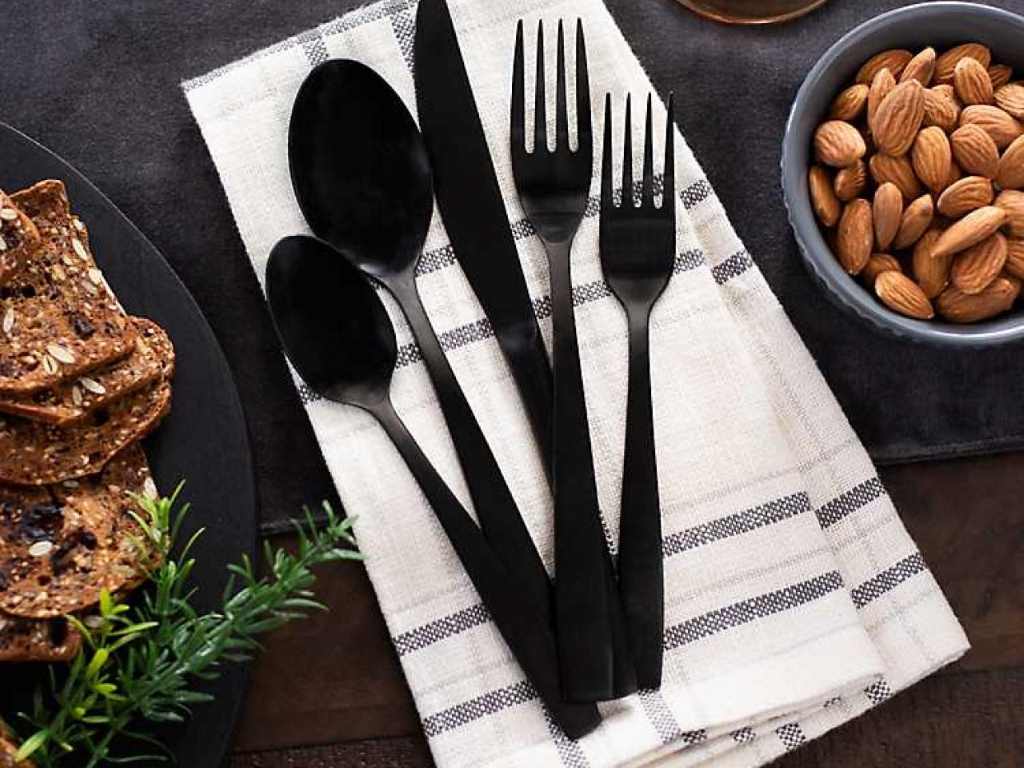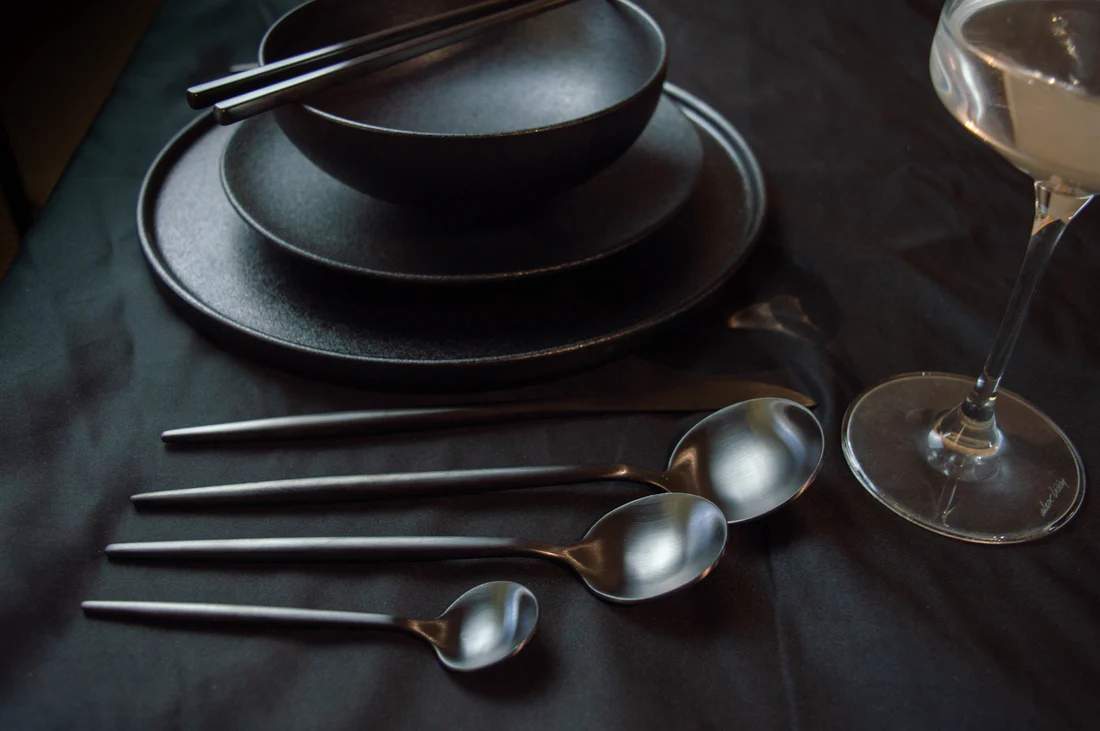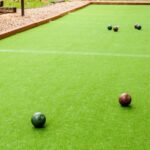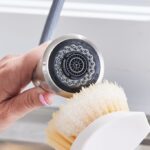
Black silverware has gained immense popularity in recent years, adding a touch of modern elegance to dining tables. However, questions about its safety have arisen alongside its growing popularity. Let’s delve into the various aspects of black silverware safety, covering materials, coatings, potential risks, and best practices for safe usage.
Understanding the Materials and Coatings
The safety of black silverware depends largely on the materials used in its construction and the type of coating applied to achieve its distinctive color. Additionally, ensuring a fabulous cooking space enhances the overall dining experience, promoting a sense of culinary delight and aesthetic harmony.

- Stainless Steel: The most common base material for black silverware is stainless steel, renowned for its durability and resistance to corrosion. High-quality stainless steel, such as 18/10 or 18/8 grades, is the safest option, containing a higher percentage of chromium and nickel, respectively, for enhanced rust and tarnish resistance.
- Coatings: Several coating methods are employed to create black silverware, each with different safety considerations:
- PVD (Physical Vapor Deposition): Considered the safest and most durable option, PVD involves bonding a thin layer of titanium nitride or other materials to the stainless steel surface at a molecular level. This creates a scratch-resistant, non-reactive coating that won’t chip or peel easily.
- Electroplating: This process involves depositing a layer of black material, often nickel or chromium, onto the stainless steel base. While less durable than PVD, electroplating can still be safe if done correctly. However, poorly executed electroplating may lead to the release of harmful metals over time.
- Powder Coating: A less common method for black silverware, powder coating involves applying a dry powder to the surface, then heating it to create a smooth, hard finish. While generally safe, the powder coating’s durability is a concern, as it may chip or scratch more easily than PVD or electroplating.
- Painted Finishes: The least durable and potentially least safe option, painted finishes are prone to chipping, revealing the underlying metal and potentially releasing harmful substances.
Potential Risks and Safety Concerns
While black silverware made with high-quality materials and coatings is generally considered safe for everyday use, there are a few potential risks to be aware of:
- Metal Leaching: Poorly executed coatings, particularly electroplating or painted finishes, may lead to the leaching of heavy metals like nickel or chromium into food, especially if the silverware is damaged or scratched. This is more of a concern with older or low-quality black silverware.
- Allergies: Some individuals may have allergies to nickel or other metals used in coatings. If you experience skin irritation or other allergic reactions after using black silverware, it’s advisable to switch to uncoated stainless steel or consult a doctor.
- Chip and Scratch Concerns: While more durable coatings like PVD are less prone to chipping, even minor damage can expose the underlying metal, increasing the risk of metal leaching.
Best Practices for Safe Usage
To ensure the safe use of your black silverware:
- Choose High-Quality Silverware: Invest in silverware made from high-quality stainless steel (18/10 or 18/8) with a PVD coating for maximum safety and durability.
- Inspect Regularly: Check your silverware for any signs of wear, scratches, or chips. If you notice any damage, it’s best to replace the affected pieces to avoid potential metal leaching.
- Avoid Abrasive Cleaners: Use gentle detergents and non-abrasive sponges to clean your black silverware. Harsh cleaners and scrubbers can damage the coating and increase the risk of metal exposure.
- Hand Wash When Possible: While many black silverware sets are dishwasher-safe, hand washing is gentler and helps prolong the life of the coating.
- Store Properly: Store your silverware in a dry place to prevent moisture buildup, which can contribute to corrosion.
Addressing Specific Concerns
- Is it safe to use if I have a nickel allergy? If you have a known nickel allergy, it’s best to avoid black silverware with nickel plating. Opt for PVD-coated or uncoated stainless steel options instead.
- Can I use it for acidic foods? High-quality silverware with PVD coating is generally safe for acidic foods. However, prolonged contact with highly acidic substances may affect the coating over time.
- Is it safe for children? As with any silverware, adult supervision is recommended for young children. Choose high-quality, PVD-coated black silverware for added safety.
Conclusion
Black silverware, when chosen and cared for correctly, can be a safe and stylish addition to your dining experience. By understanding the materials, coatings, potential risks, and best practices outlined in this article, you can confidently enjoy the elegance and sophistication of black silverware for years to come.





